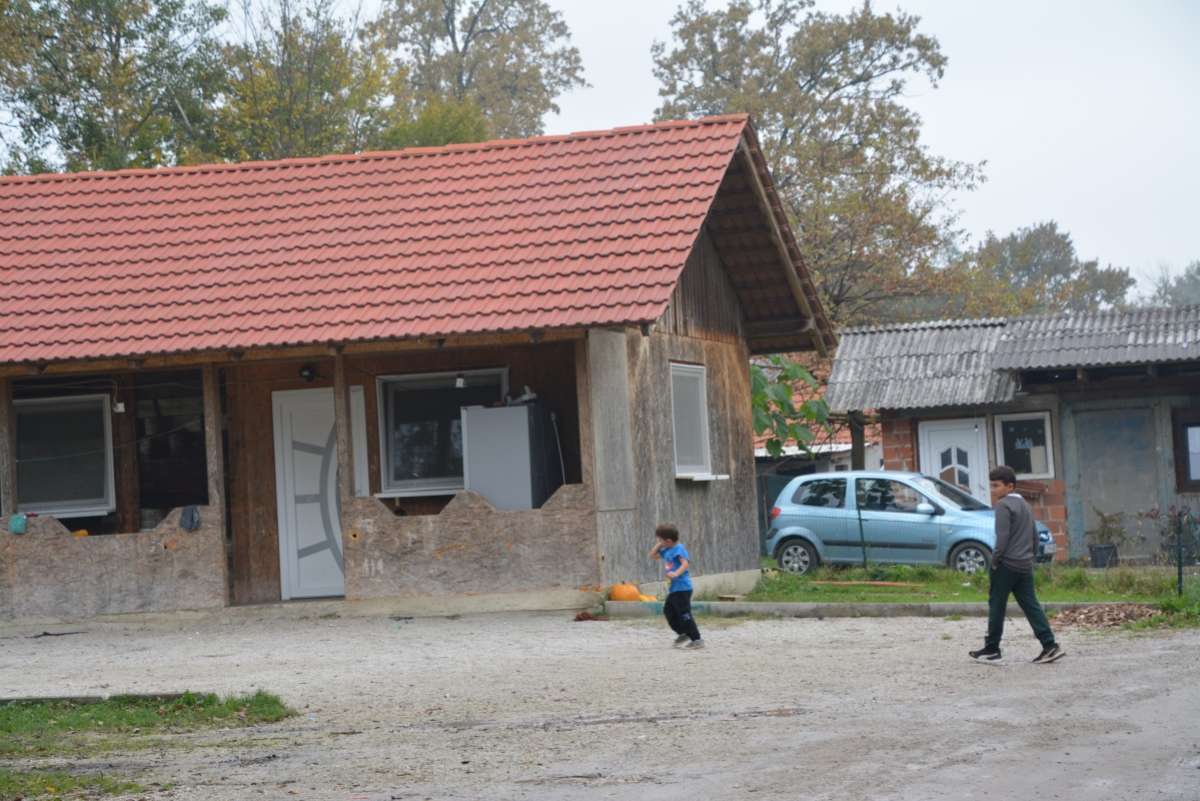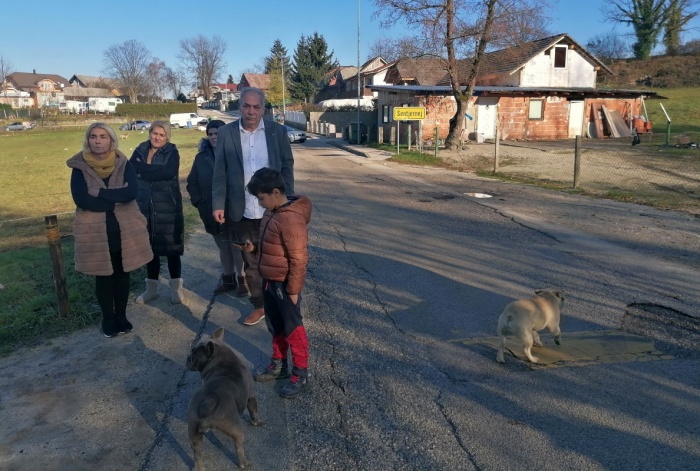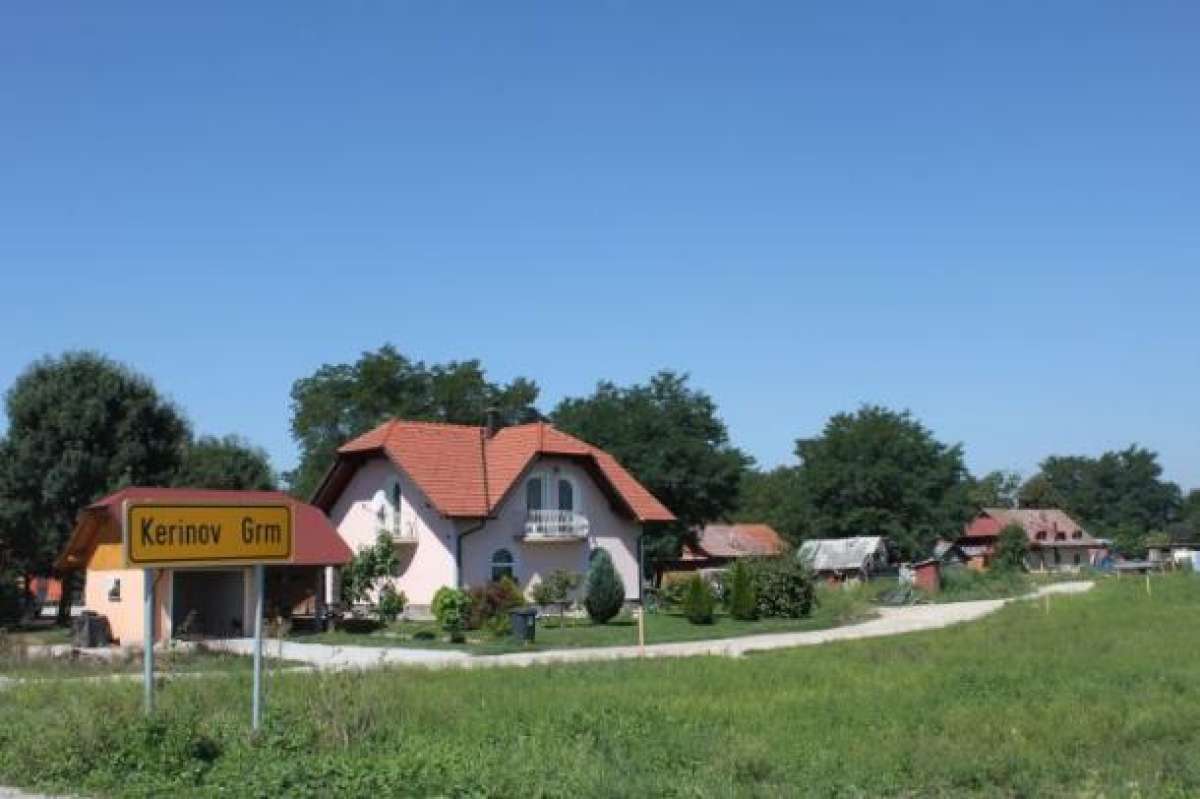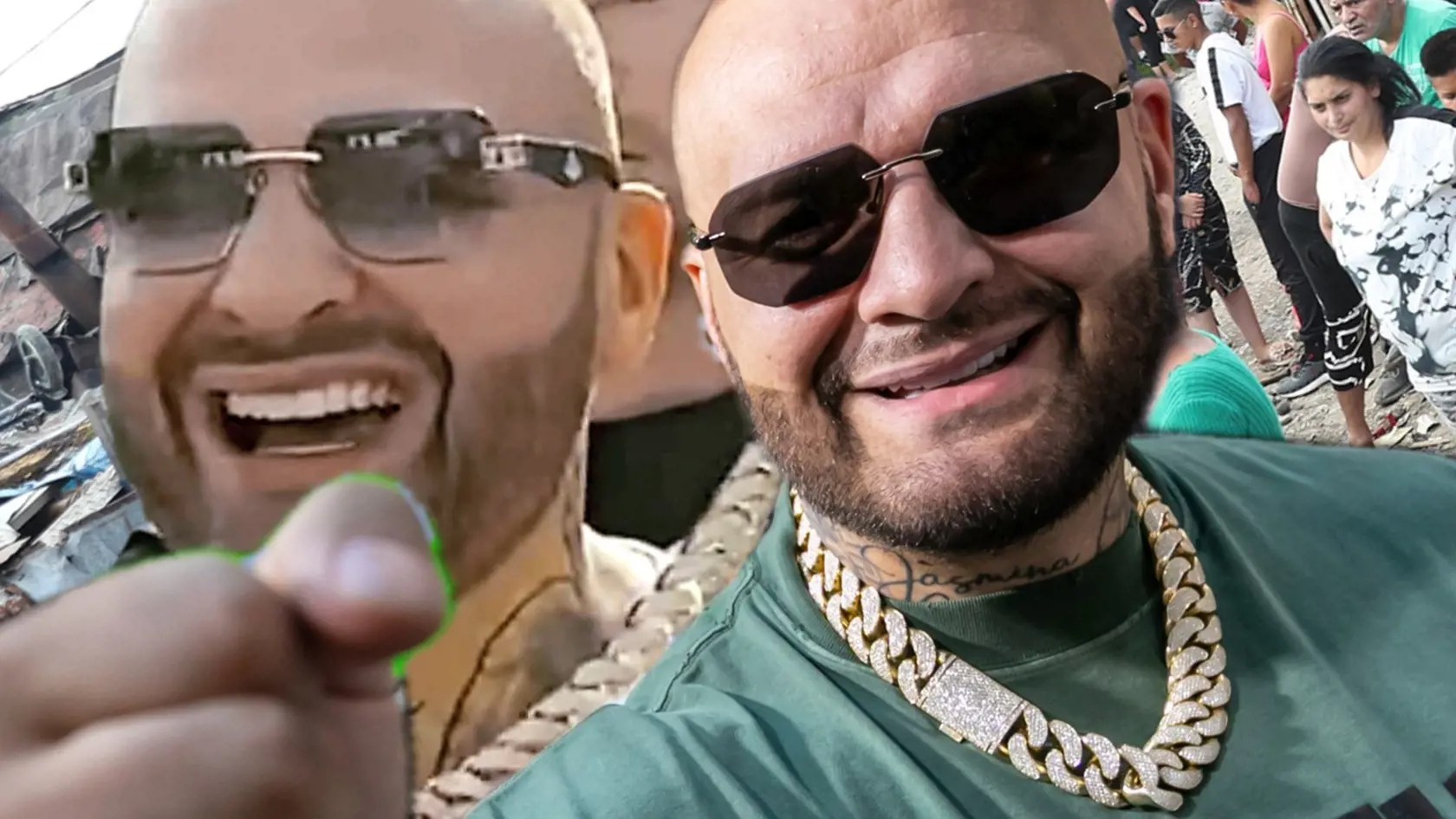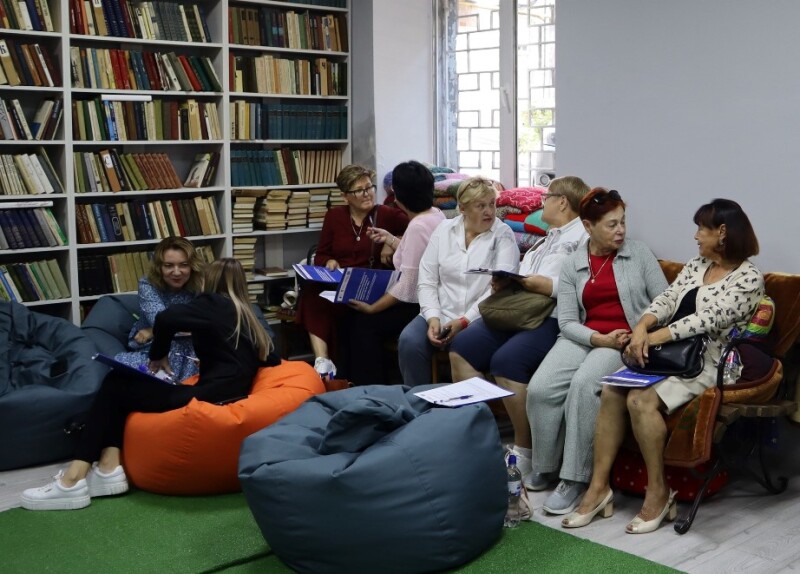Again an article about the funds allocated to municipalities with a Roma population in Slovenia. The current way these subsidies are calculated favours large municipalities, regardless of the number of Roma who live there. Now the government plans to change that. And several mayors are not for it.
In any case, Roma complain that the funds are not spend on purpose, and the mayors say that the funds are not sufficient to move the needle …
- Denarja je precej, a kako ga porabiti? Občine so pri reševanju različno uspešne. In: Svet 24. 09.11.2024. https://svet24.si/clanek/novice/slovenija/672e77088d2e7/romska-problematika-denar-obcine-jugovzhodna-slovenija#google_vignette
